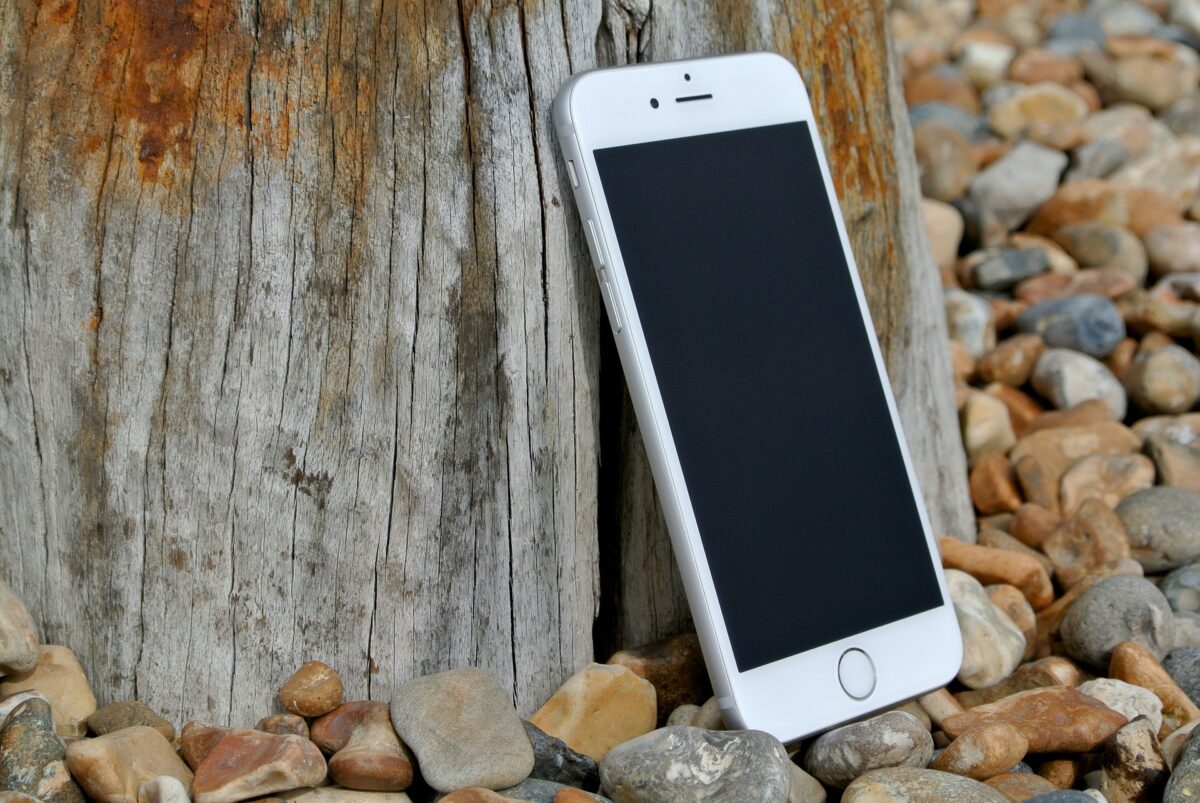Google Analytics tells me that about 60% of the readers of this blog use a smartphone or a tablet. So if you belong to the remaining 40%, stop for a moment and get your smartphone. Now, everyone reading this, think back to the moment when you bought this smartphone. How long did you take to decide on this particular model? How many models did you compare? How much did you agonize over little features? And, if you chose your smartphone for one particular feature, how often do you use that feature? Do you even remember what that feature was?
The paradoxical feature of buying smartphones or any technical gadget is that the longer you wait, the better deal you get for your money. But this is only in theory because you cannot wait forever. The moment you buy a smartphone is the moment it starts getting obsolete. The process is slow, just like our ageing but it’s there. Gradually, as you install more apps, the phone will start getting slower. This is inevitable because millions of developers around the world are working day and night to make their apps better. Better apps means more memory, more CPU cycles. It’s a never ending race between hardware and software. As your phone starts crawling, you start looking for an alternative and hit the ‘choice paralysis’ again.
If there is one thing I have realized, it’s this. For an average user, the features don’t matter in the long run. Most of the phones have similar features for similar price ranges. For someone who uses the phone for browsing, shopping, listening to music etc., the ultra-fine difference between technical specifications does not really matter. Is having a 12MP camera vs a 16MP camera going to make that big a difference to your selfies? The features you may want to pay some attention to are basic hardware features : how easy is it to plug in the charger or replace a memory card? More often than not, I find that these small features can be greatly annoying if they are not designed well.
Remember that we are talking about average users. More and more professionals are using smartphones for their work. It makes sense if they are keen on a specific feature. If you are a singer and you use your smartphone to broadcast your songs, you would need the best audio-visual tech specs. Many professional photographers are using smartphones, especially iPhones for photography and for them even a difference of 1MP matters. But for normal users, the slight differences in tech specs of different phones even out in the long run.
One side effect of this ever growing technology is the humongous amount of electronic waste that is produced. I don’t know about other countries but at least in India there is a big market for used phones. Partly this has to do with the wide economic disparity between different classes of Indians – from the richest man in the world to someone who struggles to make Rs 100 a day. Considering this wide range, what’s outdated for you could be a very affordable luxury for someone else. So if you plan to sell your smartphone, don’t wait till the wear and tear starts. If you sell it in a good condition, you will get a good price and someone else will get a better experience for their money.
This may not exactly be win-win – we are producing more waste – but it is the best silver lining I could find.
I should mention that this is not an anti-technology post. I love technology. Smartphones and apps have made our lives so much easier. At the same time, we keep feeling overwhelmed by it. Every other article I read has a paragraph or two on how we are lost in the bubble of consumerism, how the dizzying speed of technology is ruining our experience and so on. While there is no denying that this is happening – our attention spans are becoming alarmingly short – the interesting thing is that it has not started suddenly in the last ten, twenty or thirty years. At every point, humans have been trying to catch up with technology in terms of the information inflow and at every point they felt overwhelmed by the pace of the technology prevalent at the time. It has been that way pretty much since the late nineteenth century at least and to take a wild guess it must have started slowly after the industrial revolution. You think that life was so peaceful ten or twenty years ago but that is only relative to today.
Exhibit 1 : an XKCD comic featuring excerpts from books and ‘letters to editor’ in different newspapers and magazines from 1871 to 1915. Do read it even though it’s longish. It is highly instructive to read people getting outraged by the harrowing pace of telephones, newspapers and…wait for it…bicycles!! My favourite lines include “People talk as they ride bicycles – at a rush – without pausing to consider their surroundings. What has been generally understood as cultured society is rapidly deteriorating into baseness and voluntary ignorance.”
Perhaps in a hundred years time, if this blog post survives in some dark corner of an internet archive, a human will chuckle when she reads it as she supervises robots planting trees on Mars.
Many thanks to Randall Munroe for making XKCD copyright-free.




